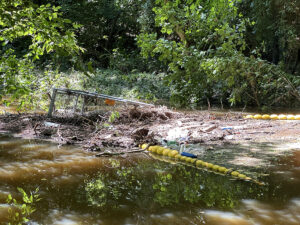News
Even in dry times, there’s still muddied waters in Durham
ACTION ALERT, Action Alerts, Environmental, Neuse River Watershed, Sound Rivers, Stormwater Issues, Water Quality
Posted on October 10th, 2024
Though there's been little rain in the past several weeks, Lick Creek continues to run red with sediment.
Sound Rivers Water Quality Specialist Taylor Register was back in action this week, collecting samples and readings from some sediment-laden creeks in southeast Durham.
Taylor and Neuse Riverkeeper Samantha Krop have been alternating the monthly collection of data over the past several months. Thursday’s routine sampling run points to an ongoing and growing problem, according to Taylor.

“I went out to collect some turbidity samples and YSI readings, and honestly wasn’t expecting it to be too bad given that it’s been pretty dry recently,” she said. “However, I was a bit surprised to see that our ‘problem sites’ along Martin Branch and in the main stem of Lick Creek were still pretty turbid, even though it hasn’t really rained for a couple of weeks.”
Martin Branch on Olive Branch Road, which has consistently claimed the No. 1 spot for ‘dirtiest site,’ had readings nearly 10 times the state standard for turbidity.

“From our routine sampling the past few months, we’ve definitely been noticing a trend of higher and higher turbidity even in dry conditions,” Taylor said.
The source of the sediment pollution is large-scale land clearing developments. For more than two years, in partnership with community members, Sound Rivers has been documenting sediment runoff from active construction sites that are polluting streams and creeks. Southeast Durham’s most heavily developing Lick Creek watershed has regularly seen levels of sediment 10 and 20 times over the state of North Carolina’s standard for healthy waterways. Ellerbe Creek at the heart of Durham has also gained attention for running orange since the start of this year, due to runoff from a large development at its headwaters. All of the waterways in Durham’s Neuse River basin flow directly into Falls Lake, a drinking water supply for half a million total people, including the city of Raleigh and most of Wake County.
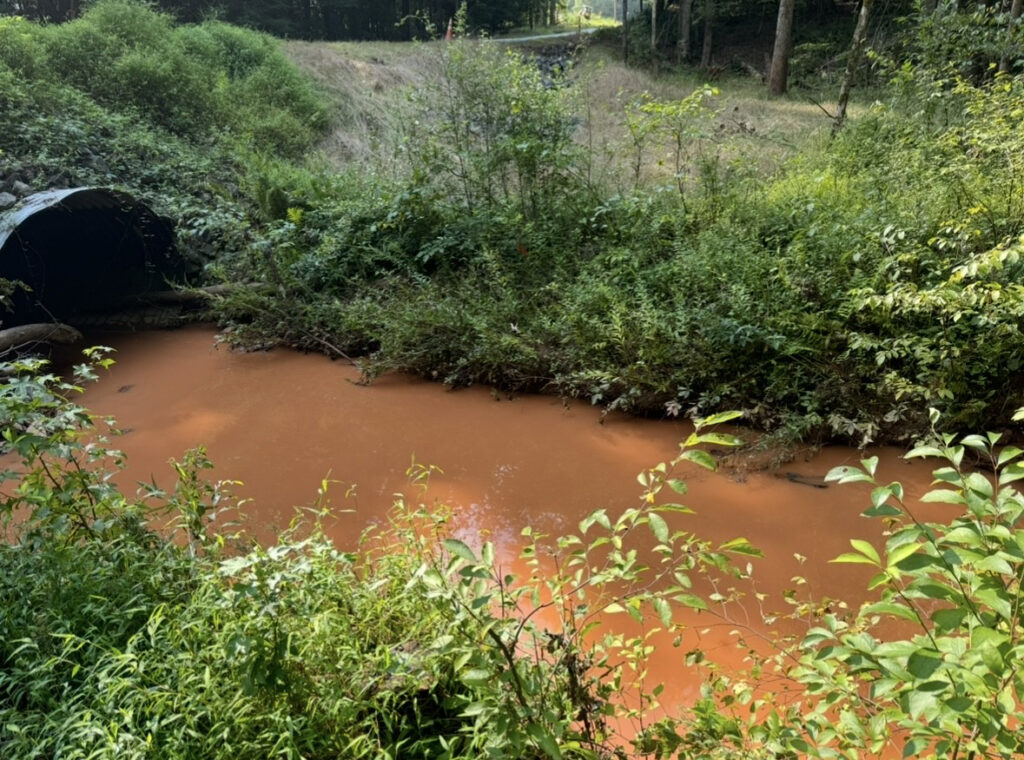
Related News
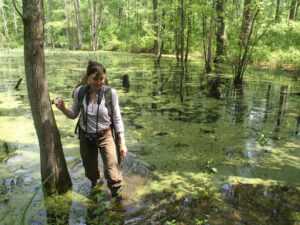
Public hearing will determine the fate of many NC wetlands
June 26th 2025
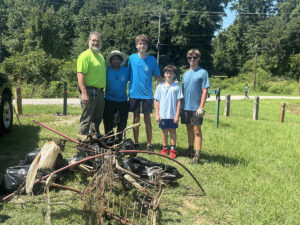
Clayton gets first official trash-trap cleanout
June 25th 2025
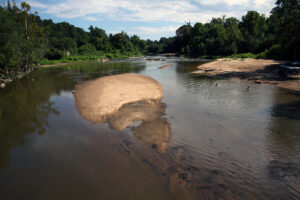
Bill passed by NC House threatens public health, environment
June 25th 2025
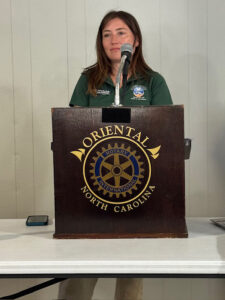
Riverkeeper talks programs with Oriental Rotary Club
June 25th 2025

Riverkeeper, intern scout Smithfield trash trap locations
June 25th 2025
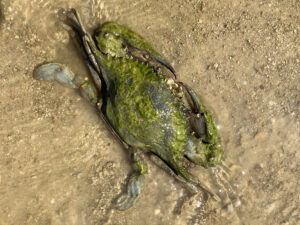
Fish kill reported on the Neuse
June 19th 2025
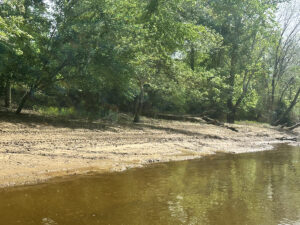
Riverkeeper meets with ATV park attorney
June 19th 2025

Riverkeeper samples scene of Rocky Mount sewer spills
June 19th 2025
